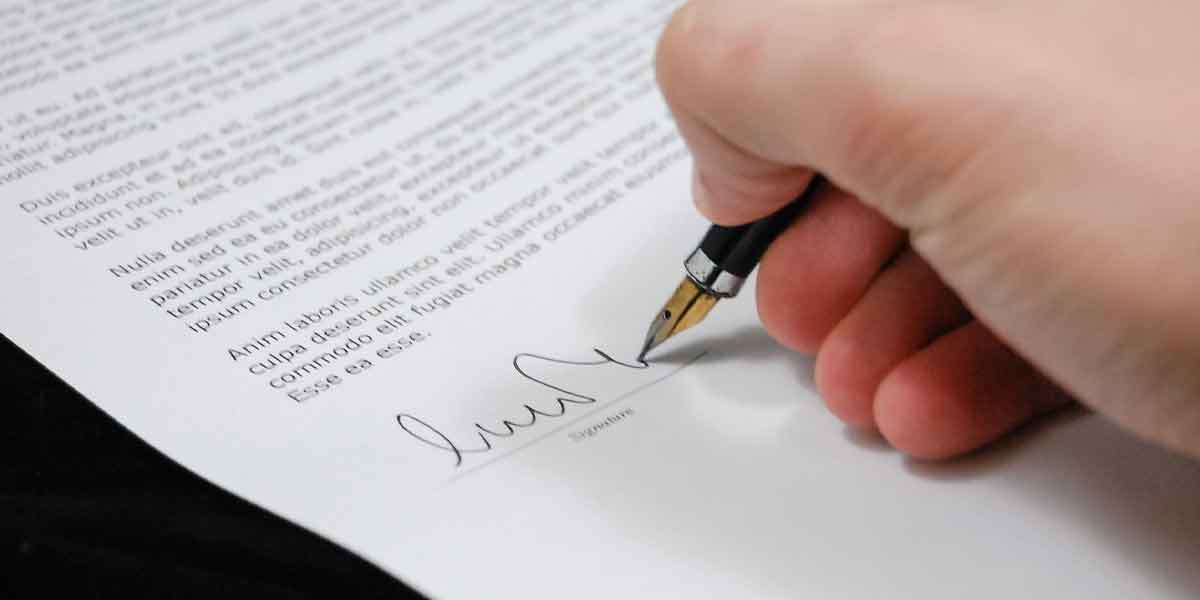Have you ever thought who would pay the pending debts of a deceased? This question must have been a bouncer for you but it has a simple solution. The pending debts of the deceased are paid during probate with the value earned from the estates owned by the deceased.
The executor or the hired attorney handles the task of clearing out pending debts. The will of the deceased has granted the authority of administering the decedent’s assets to the executor. In case there is no will, the court will appoint a personal representative to execute the probate process.
The executor locates all the debts the deceased has taken. He/she then demands the creditors or the lenders to prove their claims. After verifying their claims, the executor starts clearing out all their pending debts.
Suppose the assets owned by the deceased are less than his/her liabilities. In this case, the executor cannot pay the debts using the assets. Does this mean that the debt burden will transfer to the family of the deceased? To answer this we have to look into some of the cases that arises after the death of a person:
1. Paying Through Assets
Mostly in every probate process the debts are paid from the funds acquired by selling the assets of the deceased. The executor is responsible for executing this task whether by himself or with the help of an attorney.
Assets of the deceased categorize into exempt assets and non-exempt assets. Firstly, exempt assets are the assets which are not used to pay the debts. Some of the exempt assets are retirement savings and life insurance policies. As clear from above, the executor uses the non-exempt assets to clear out the debts. Some of the non-exempt assets include bank accounts, real estates, etc. Different states categorize the assets according to their laws.
The creditors and lenders must inform the executor about their debts within a specific time frame. Informing the executor about debts after the fixed time frame will not be considered.
The creditors and lenders must prove their claims of pending dues with bills or receipts. The executor will verify the bills or receipts before making the payment.
In this case, the family of the deceased have no burden on them as the assets of the decedent are used to clear out the debts.
2. Insolvency During Probate
In some rare probate cases, the decedent becomes insolvent causing more trouble for the executor. Insolvency occurs when the decedent dies with more debts than assets. When liabilities of the deceased exceeds the assets, insolvency occurs.
In this case the heirs and beneficiaries will not get a share of the estate value. But in this situation also the family members of the deceased are not responsible for clearing out the debts.
In these probate cases, a priority order is established to clear out the debts. This means giving priority to some debts while clearing out the dues. Paying out the estate tax, attorney fees and fiduciary fees are the first priorities.
Families who were dependent on the deceased get a family allowance. Paying the Federal taxes, medical expenses not covered by the insurance and property taxes comes under the third priority.
The pending dues of credit cards and personal loans comes at last in the paying-out list.
3. Co-Signed Loan During Probate
In this case the family carries the burden of paying the co-signed loan. If one of the relatives of the deceased has acquired a co-signed loan with the decedent then the relative becomes responsible to clear the remaining debts.
The relative must have agreed to this condition while applying for the loan. This type of loan expects the two parties to enter into a contract with the lending institution. This contract states that in case of death of one party, the other party has to clear the remaining debts.
The lending institution can also use the assets of the deceased to clear its debts. This will decrease the burden of the relative.
This is the only case where the family of the deceased have to worry about repayment of loan. In every other case, the family is free from the burden of repayments.
Conclusion
In most of the probate cases, family of the deceased do not get the burden of repayment of loans, dues or credits. These debts are handled by the executor. The executor clears out these debts using the estate funds during the probate process. Debts of the deceased do not affect his/her family.





